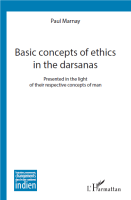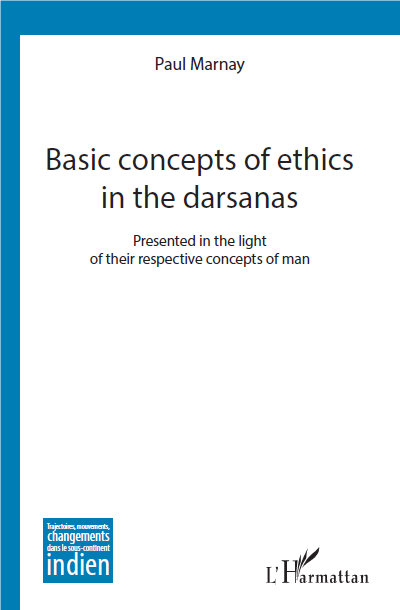RÉSUMÉ
In the Christian tradition, the individual is aware of belonging simultaneously to the temporal city and to the kingdom of God. He is member of the temporal city by right of birth, and he shares with all his fellow-citizens (whatever their faith or political allegiance may be) the political responsability to promote the common good, that is, to create, animate and govern economical, cultural, political and other adequate institutions in order to ensure the truly human development for all men considered individually, corporately or collectively as forming nations, and in solidarity with mankind as a whole. The caracteristics of the common good are, on the one hand, that it concerns the members of the body politic both individuality and as a body, and, on the other hand, that it does not embrace man’s ultimate goal is transmundance and transtemporal.
One becomes visibly a member of the Kingdom of God by consenting to the inner call of the Holy Spirit to adhere, by one’s living faith, to Christ as the Son of God whose Word and saving actions have been entrusted by him to his Apostles and to their successors. Through the latter’s predication and sacramental service, one is integrated into the pilgrim Church which forms one visibly structured people, scattered among the nations, redeemed and vivified by Christ and whose bond unity is God’s Holy Spirit as present in all and as the unique Source of a theological love that seals the Christian communion and fellowship with God an all men. The common good of this new fellowship is God himself as man’s beatitude ; its aim is to lead its members, individually and as a people, to live on earth as true sons of God who, while discharging their human responsability in active solidarity with all the members of the body politic, deepen their theological communion with God and all men, thereby, realize through God’s grace their personal salvation, co-operate to the salvation of mankind and prepare the recapitulation, at the end of time, of the redeemed creation in the risen body of Christ.
L’AUTEUR
Paul Marnay (1929-1982), trained as a polytechnician, enters the Fraternity of Jesus’ brothers (inspired by the life of Charles de Foucaud). After he lived in El Abiodh (Algeria) until 1957, he came back to France to study philosophy and theology. In 1965, he left for Quetta (Pakistan), then Madras (south of India). This book is the thesis he presented in Madras university. Called to work in the General Fraternity, he went all over America, north and south, and died in Mexico.
© Les services de la Rédaction d’Historiens & Géographes, le 12/11/2017. Tous droits réservés.














